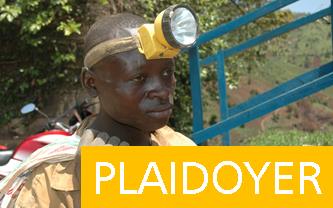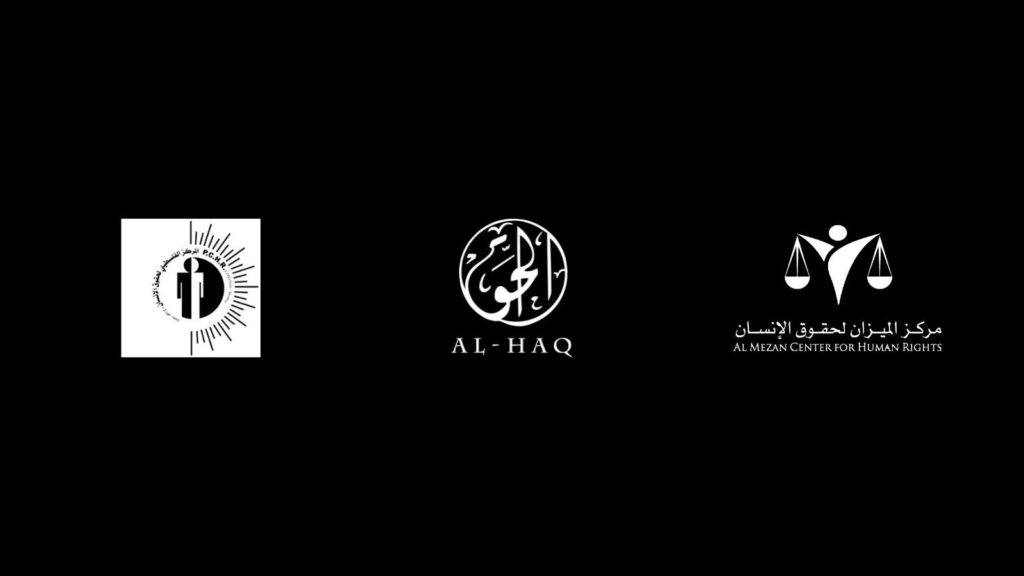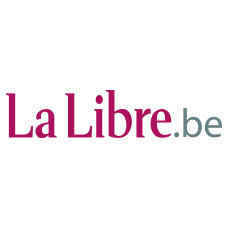EU trilogue negotiations on the draft regulation started on February 1, 2016. Over the coming months, the European Commission, the European Parliament and the Presidency of the European Council will attempt to agree on a compromise text.
The ravages of the mineral trade linked to conflict and human rights abuses have been widely documented. [1]See for example several information documents from members of our coalition: https://www.globalwitness. org/documents/18087/NGO_Coalition_Briefing_-_EU_Regulation_on_ … Continue reading This problem remains current. Several reports and events have recently highlighted the urgency of addressing this challenge, which damages the reputation of companies and investors who do not fulfill their due diligence duties.- On August 20, 2015, Kardiam, a Belgian company, has been placed on the list of companies targeted by UN sanctions “for having supported armed groups in the Central African Republic […] through the illegal exploitation or trafficking of natural resources (diamonds, gold)” Kardiam denied the UN allegations during his discussions with Global Witness.
- There Berne Declaration recently released a report which noted that the world's largest gold smelter, based in Switzerland, "purchases gold produced by children." The Berne Declaration specifies that this company rejected his requests for meetings and did not respond to questions sent to him by email.
- • Amnesty International and Afrewatch recently published a report which reveals that “major brands in the electronics sector, such as Apple, Samsung and Sony, do not carry out basic checks to verify that their products do not contain cobalt extracted in mines by children”. The appendix to this report summarizes the responses companies gave to Amnesty's findings [2]THE company responses can be found in the annex to the English version of the report, starting on page 75..
- According to the Commission's estimates, 40 dual-listed companies are directly subject to the requirements of DFA 1502.
- In addition, up to 17 % EU companies that work with "3TG" are indirectly affected by the requirements of the US law since they supply US customers [7]European Commission, March 5, 2014, Impact Assessment, p. 13, p. 19, p. 23 and p. 36..
- Under the impetus of DFA 1502, joint industry initiatives are already helping companies — in very concrete ways — to comply with OECD standards.
- The Council significantly reduces the assessment of supply chain risks expected from metal manufacturers and traders (“metal importers”). It restricts the information that these companies must review to "available audits", without taking into account other data in their possession (for example the policy governing their relations with their suppliers and information on the countries from which the foundries source) or in the public domain (e.g. UN and NGO reports). In addition to not being up to OECD standards, this system also has very concrete consequences. Thus, a metal importer may be compliant with the Regulation, and therefore be considered "responsible", if it reviews the audit reports of the smelters in its supply chain and concludes, solely on the basis of these audit reports, that these foundries are responsible. It is free to ignore all other information, even if it knows full well that one of the smelters behaved irresponsibly, for example by not properly examining its supply chain to identify a possible risk of financing of conflict or human rights abuses.
- In the event that a smelter's audit report is not available, the Council only expects the metal importer to carry out ad hoc risk assessments. However, the OECD clearly specifies that in such situations, companies should put in place individual and permanent risk management processes in order to respond to risks at any time and at any level of their supply chain. 'supply.
- The Council removes any reference to the OECD Guidance as a standard of due diligence with which metal importers must comply to identify, assess or mitigate risks associated with their supply chains. Thus, these companies have no obligation to assess or manage risk in accordance with any standard, and the authorities of the Member States have no standard on the basis of which to evaluate the practices of these companies.
- Due diligence is proportionate — it is not a “one size fits all” strategy. It gives businesses the flexibility they need to tailor due diligence measures to their particular circumstances, including their size, industry and position in the supply chain.
- Due diligence is not a one-time compliance exercise. This involves companies proactively, continuously and individually identifying and managing risks associated with their supply chains, and demonstrating that progress is being made over time. These fundamental principles have been taken up in several European and national legislations in force. Legal entities are required to take “appropriate” measures to identify, assess and manage the risks of money laundering and terrorist financing, which measures must be “proportionate to [their] nature and [their] size”. [10]EU Anti-Money Laundering Directive, Article 8, paragraphs 1 and 3.. The British anti-corruption law, the Bribery Act, requires organizations to put in place procedures to prevent the payment of bribes, measures which must be proportionate to the risks they actually face, and to the nature, scale and complexity of their own activities. Companies must monitor these procedures and make improvements.[11]UK Department of Justice, March 2011, Guidance about procedures which relevant commercial organizations can put into place to prevent persons associated with them from bribing (section 9 … Continue reading.
- Show leadership on this issue by supporting mandatory due diligence requirements for businesses covered by the legislation
- Support Regulation that complies with the OECD Due Diligence Guidance by:
- Ensuring that all due diligence obligations are consistent with the OECD standard
- Including companies located downstream of metal importers, in particular companies which market products containing minerals covered by the legislation on the European market
- Using language that explicitly reflects the progressiveness and flexibility of due diligence.
Attachments
Notes[+]
| ↑1 | See for example several information documents from members of our coalition: https://www.globalwitness. org/documents/18087/NGO_Coali- tion_Briefing_-_EU_Regulation_on_Responsible_Mineral_Sourcing.pdf And https://www.globalwitness.org/docu- ments/18060/Breaking_the_Links_-_Joint_NGO_Position_Paper_FR.pdf. See also http://business-hu- manrights.org/en/background-con- flict-minerals-eu-responsible-miner-al-sourcing-regulation. |
|---|---|
| ↑2 | THE company responses can be found in the annex to the English version of the report, starting on page 75. |
| ↑3 | The OECD Guide has been endorsed by 34 OECD member countries, as well as by Romania, Lithuania, Latvia, Brazil, Argentina, Peru, Morocco, the 12 member states of the International Conference of the Great Lakes Region (ICGLR) and the UN Security Council. Nine non-member countries, namely Argentina, Brazil, Colombia, Costa Rica, Latvia, Lithuania, Morocco, Peru and Romania, all of which adhere to the Declaration on International Investment and multinational companies, have adhered to the Recommendation of the OECD Council |
| ↑4 | Global Witness, December 2, 2015, Global Witness welcomes China's adoption of progressive new mineral supply chain guidelines |
| ↑5 | Office of the UN High Commissioner for Human Rights, 2011, Guiding Principles on Business and Human Rights: Implementing the “Protect, Respect and Remedy” Framework of the United Nations, Doc. UN HR/PUB/11/04. |
| ↑6 | For example, Vodafone recently admitted to Amnesty International that it only carries out OECD-compliant due diligence on tin, tantalum, tungsten and gold as this is required under DFA 1502 Vodafone said: "It is important to note that cobalt is not one of the minerals included in the Conflict Minerals report [required by law] and is therefore [not] subject to the same level due diligence than the other minerals listed above [tantalum, tin, tungsten or gold]. » See Amnesty International, January 19, 2016, This is why we die: Human rights abuses in the Democratic Republic of Congo are fueling the global cobalt trade, Appendix, p. 81 |
| ↑7 | European Commission, March 5, 2014, Impact Assessment, p. 13, p. 19, p. 23 and p. 36. |
| ↑8 | European Commission, October 2015, Trade for all: http://trade.ec.europa. eu/doclib/docs/2015/october/tra-doc_153879.pdf">Towards a more responsible trade and investment policy, p. 7, p.24 and p. 25 |
| ↑9 | OECD, December 2, 2014, OECD report on international corruption |
| ↑10 | EU Anti-Money Laundering Directive, Article 8, paragraphs 1 and 3. |
| ↑11 | British Ministry of Justice, March 2011, Guidance about procedures which relevant commercial organizations can put into place to prevent persons associated with them from bribing (section 9 of the Bribery Act 2010), Principles 1 and 6, p. 21 and p.31 |




